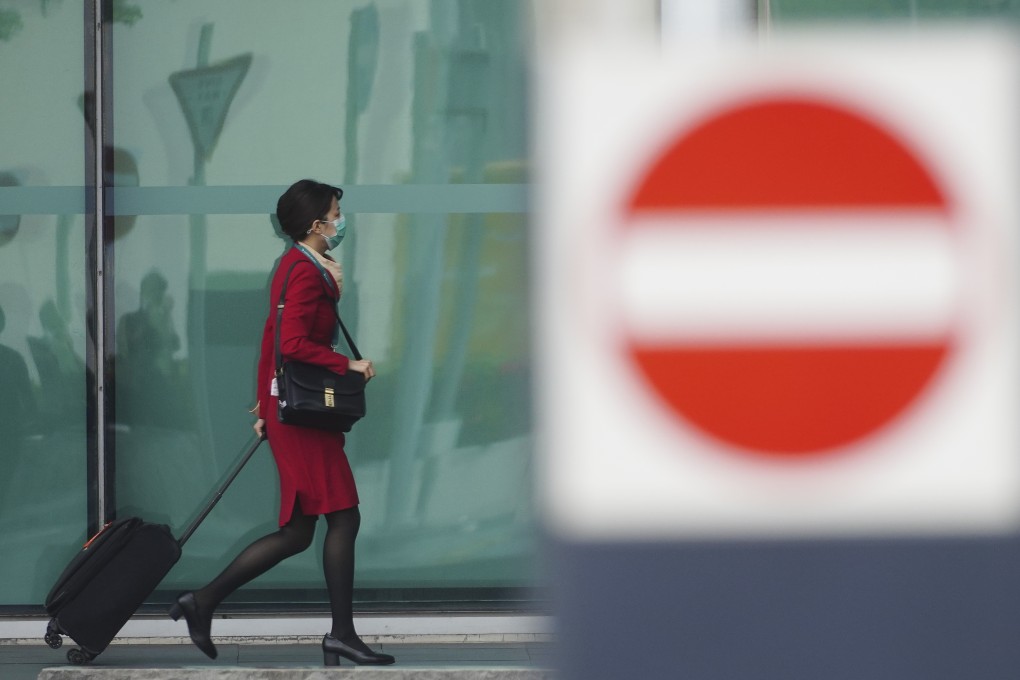Advertisement
Letters | Cathay Pacific’s massive lay-offs could come back to haunt it
Reading Time:2 minutes
Why you can trust SCMP

The impact of Cathay Pacific Airways’ decision to lay off nearly 6,000 employees goes beyond the company.
The decision harms Hong Kong’s status as an international aviation hub and the city’s overall development. Cathay Pacific is not just an airline, but Hong Kong’s flagship carrier and a key player in Hong Kong maintaining and enhancing its position as an aviation hub.
Many Cathay employees are the backbone of their families, and it will not be easy for them to find a new job in an economy already badly hit by Covid-19. The loss of so many jobs in one company will also affect other businesses in Hong Kong.
Advertisement
While it is true that Cathay is facing unprecedented operational and financial pressures, its decision to let go of staff could backfire in the long run. It may not follow the market in recovery after the recession or quickly get back on track.

03:43
Cathay Pacific Airways announces its largest job cuts in history
Cathay Pacific Airways announces its largest job cuts in history
According to a Harvard Business School study published in 2010, companies that relied solely on cutting their workforce to survive a recession had only an 11 per cent probability of achieving breakaway performance afterwards. In contrast, companies that struck a balance between cutting costs and investing in the future, while focusing on improving operational efficiency, did much better.
Advertisement
Advertisement
Select Voice
Select Speed
1.00x